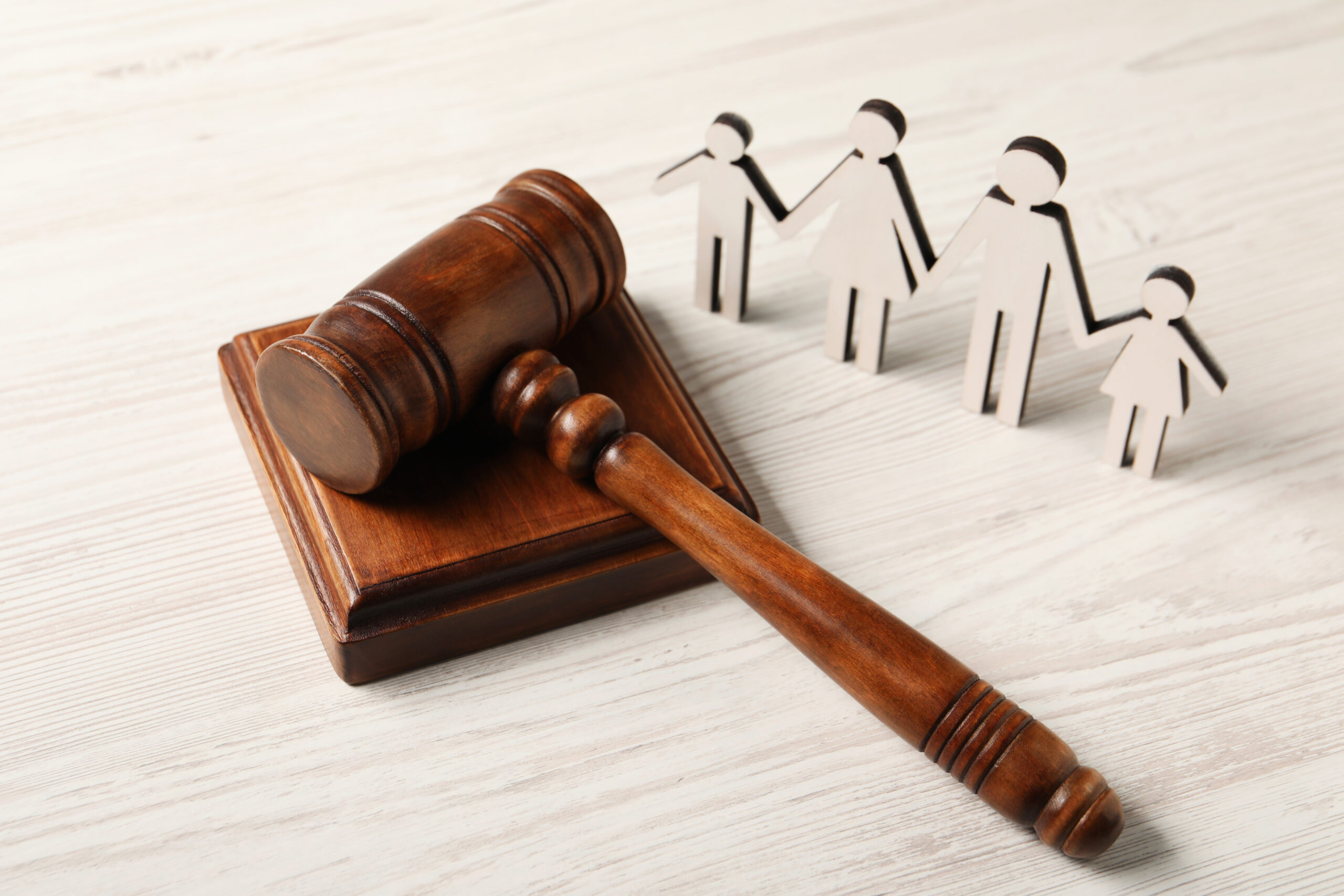Guardianship is a serious responsibility. Whether you’re assuming guardianship over a minor, an elderly family member, or someone with special needs, it’s a role that requires integrity, trust, and a commitment to doing what’s best for the individual in your care. Ethical guardianship goes beyond the legal requirements—it ensures that the ward’s rights and dignity are respected at every step.
At Gordon & Gordon, we understand that guardianship can be complex, legally and emotionally. As experienced guardianship attorneys in New York City, we believe it’s important to not only navigate New York guardianship law but to do so in a way that upholds the highest ethical standards. Here’s a guide to understanding and practicing ethical guardianship.
What Is Ethical Guardianship?
Ethical guardianship is about more than just legal compliance—it’s about making decisions that protect the well-being and rights of the person you’re responsible for. Guardianship law in New York demands that guardians act in the best interests of their wards, but ethical guardianship adds a deeper layer of consideration. It emphasizes respect, transparency, and accountability, ensuring that decisions are made with the utmost care and compassion.
Key Ethical Principles in Guardianship
Best Interests of the Ward
The most fundamental principle of ethical guardianship is prioritizing the ward’s best interests. This means ensuring that decisions are made with the individual’s physical, emotional, and financial needs in mind. Whether you’re making healthcare decisions or handling finances, always consider what would truly benefit the person in your care.
Respect for Autonomy
Even though the ward may need help with decision-making, it’s crucial to preserve as much autonomy as possible. Encourage the ward to express their preferences and desires and ensure their voice is heard in any decision-making process. Guardianship shouldn’t strip someone of their rights—rather, it should support them in living as independently as possible.
Transparency and Communication
A guardian must maintain clear and open communication with all relevant parties, including family members, healthcare providers, and legal advisors. By being transparent about decisions, actions, and intentions, a guardian helps maintain trust and prevents misunderstandings.
Non-Exploitation
Guardians are in a position of power, and it’s vital to avoid any exploitation of that power. Ethical guardianship means making decisions that benefit the ward, not the guardian. Guardians should never use their role for personal financial gain or other benefits.
Accountability and Oversight
Regular check-ins and reporting are essential in guardianship. As a guardian, you’re not just entrusted with responsibility—you’re also held accountable for your actions. Courts and oversight bodies exist to ensure that guardianship is being exercised properly, and it’s important to embrace that scrutiny as part of the process.
How Guardianship Lawyers Can Help
Navigating the complexities of New York guardianship law can be overwhelming, especially when you’re trying to balance legal obligations with ethical considerations. A skilled guardianship lawyer in New York can guide you through this process, ensuring that you’re following the law while upholding the highest ethical standards.
At Gordon & Gordon, Maris Gordon and our team of experienced guardianship attorneys in New York City are committed to helping families and individuals navigate the guardianship process with integrity. Whether you’re looking to establish guardianship or need guidance on ethical concerns, we offer legal advice tailored to your specific needs.
Overcoming Ethical Challenges
Guardianship can present numerous ethical challenges. For instance, finding the balance between protecting a ward’s interests and respecting their autonomy can be tricky. Or, there may be conflicts of interest—perhaps family members disagree on the best course of action. At times like these, it’s important to seek professional guidance to ensure your decisions remain ethical and legally sound.
Ethical guardianship is about more than just fulfilling a legal role; it’s about caring for the individual in a way that respects their dignity and autonomy. If you’re considering guardianship or are currently serving as a guardian, working with a New York guardianship attorney can provide invaluable insight and support.
At Gordon & Gordon, we are here to help you navigate New York guardianship law with confidence, ensuring that your decisions are always in the best interest of your loved one. Maris Gordon and our team of guardianship attorneys in New York City are dedicated to helping you fulfill your ethical duties as a guardian.

